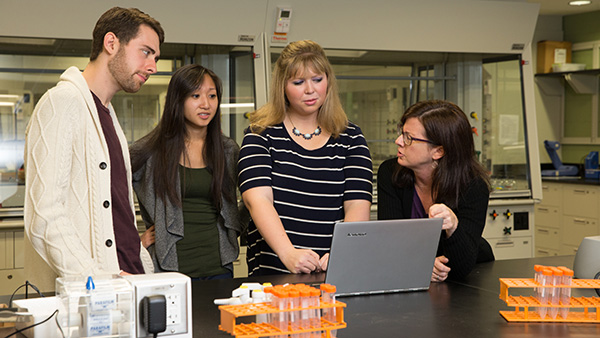
Developing Partnerships/Creating a Shared Vision in Your Community

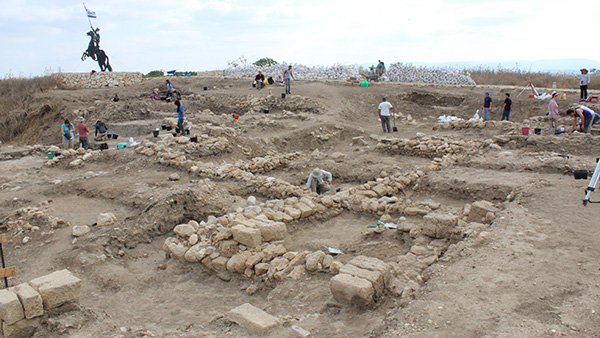
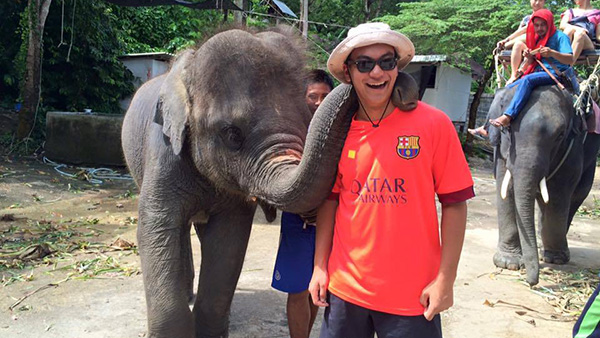
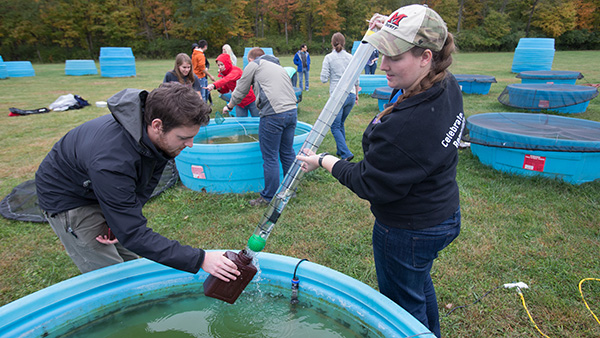
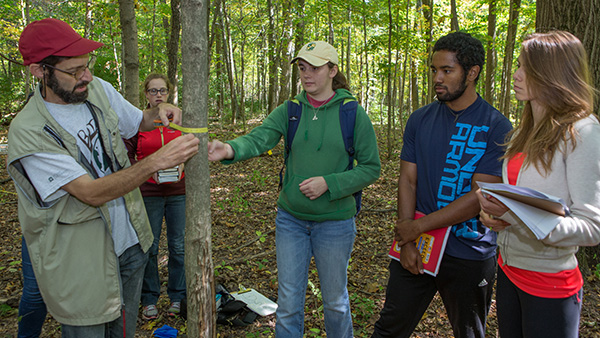
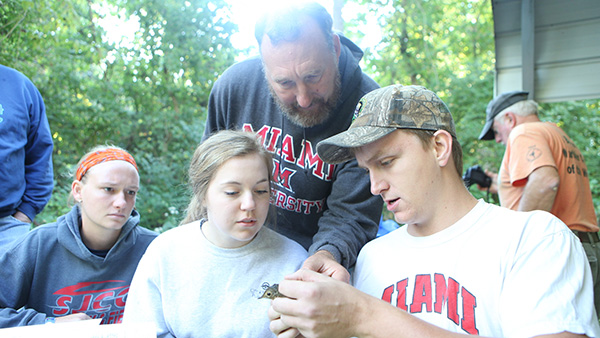
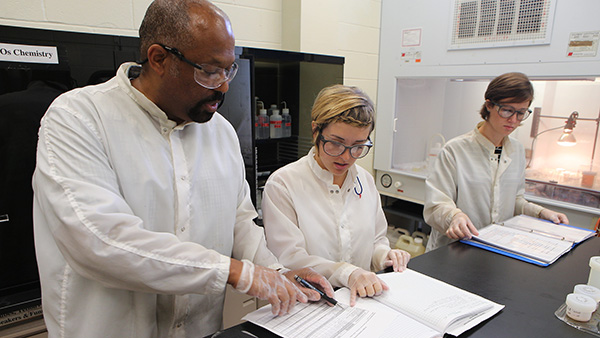
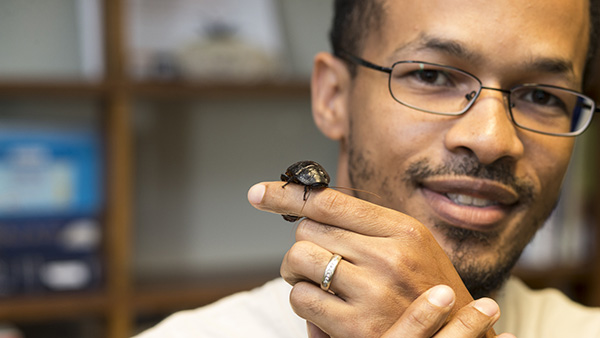
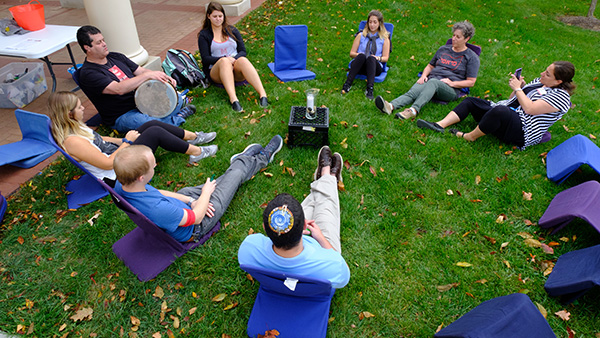
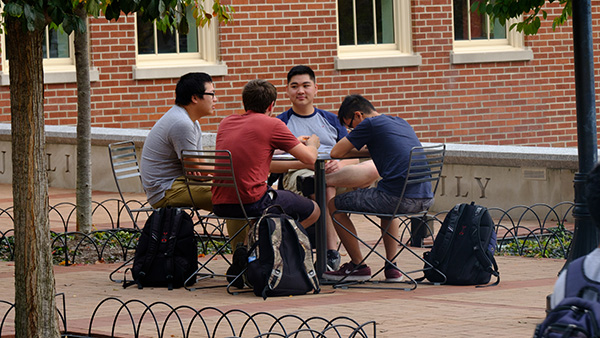
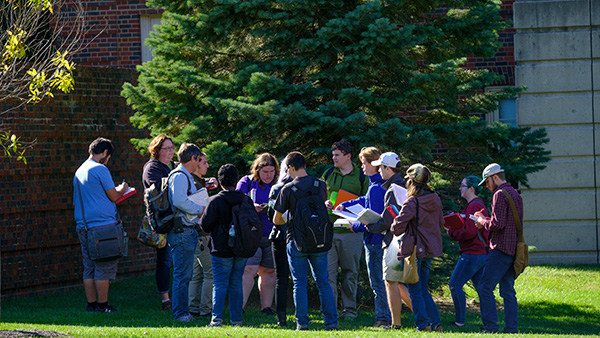
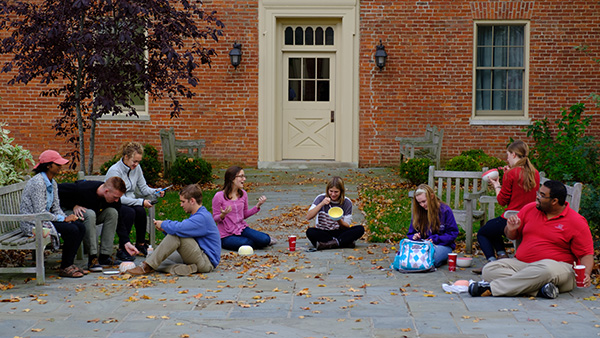
How do you go about developing a partnership and creating a shared vision in your community?
Consider reflecting on these prompts and questions.
- Determine learning goals for your course.
- How can your students contribute to a community need?
- How do learning goals include interaction with a particular internal or external partner?
- Has the partner articulated their need and how do they imagine involving students?
- What is the ideal outcome for the partnership?
- What role(s) will the students play when they interact with the partners (and vice versa)?
- What are the benefits for the students and for the partner?
- What is your timeline for the students' interaction / contribution?
- What is your partner's timeline for the students' interaction / contribution?
- Are formal approvals needed for this partnership?
- Is a background check required for students to participate (i.e., working with children)?
- How will you document student interaction / contribution?
- What documentation would benefit your partner?
- Is there a particular person who will archive or promote the partnership?
- How will students reflect about their experiences in the community?
- How will you provide feedback on student reflections at multiple checkpoints?
- Is there a culminating assignment for students to report about their experiences to their peers?
- How can the students express gratitude to the community partner?
- What structures are in place to support the partnership?
- Will the partnership be sustainable? How?
- How will you communicate clear assessment guidelines and assess students for their work in the community?
- How are partners a part of the assessment of students?
- How will you communicate clear guidelines for assessment of students to the partner?
- Is assessment of students simple and time efficient for the partner?

